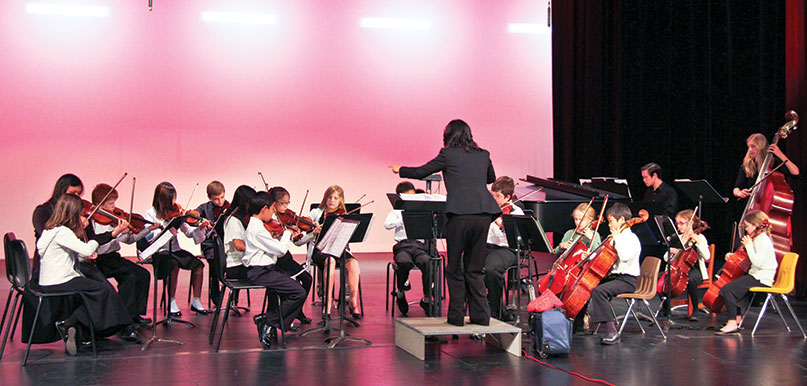

Music Teachers’ Association of California Intermediate Youth Orchestra (Chico Youth Orchestra) with Yoshie Muratani, Conductor. Photo by Louisa Louie.
Piano lessons were not optional for me as a child. As a trained musician, my father insisted his four daughters start piano lessons at an early age. I didn’t always enjoy it and often grumbled about the mandated practice sessions before and after school. My teacher was strict and had high expectations for his students, but I’m thankful today that piano lessons were a requirement my parents didn’t budge on.
Music lessons compete with a host of other activities for our children’s time and our money. How do we determine if music lessons are right for our children? Does it really make a difference in the long run if we expose our children to music education? The evidence of several studies supports the conclusion that the benefits of music lessons outweigh the cost and inconvenience it poses to parents to provide them.
Researchers cite the advantages of music lessons from preschoolers to adults. A 2004 research study published in Psychological Science, “Music Lessons Enhance IQ,” led by Dr. Glenn Schellenberg, shows an increase in IQ scores for six-year-old children taking piano or voice lessons for one year, over the children without music lessons. The research provides evidence that the study of music promotes intellectual development. Another study led by Dr. James Catterall at UCLA, tracking more than 25,000 students over a ten-year period, indicates that students who study music achieve higher test scores on standardized tests and other proficiency exams, regardless of socioeconomic background.
Research also shows that students in the arts are found to be more cooperative with teachers and peers, more self-confident, and better able to express their ideas. Other studies have identified improvements in eye-hand coordination, concentration, memory development, listening skills and the overall process of learning by participating in music lessons. Students also gain enhanced self-esteem and confidence as they perform in front of a teacher on a weekly basis and participate regularly in recitals or other performances.
Studying music encourages self-discipline and perseverance, along with time-management and organizational skills. Weekly lessons require students to prioritize their schedules to allow for regular practice time. When taking lessons as a child, I tried to be prepared with each assigned piece to avoid an uncomfortable lesson or reprimand by my teacher. I was actively involved in church activities and sports at school, but I learned to manage my time to allow adequate practice time on the piano.
Learning to play an instrument should be fun and interactive, even though it requires a fair amount of work. Music lessons can begin as early as the age of 4, but an older child (7 or 8 years of age) has a greater attention span and ability to focus on a musical instrument. It’s important that a child has the desire to play an instrument and not be forced by Mom or Dad to take lessons, but is encouraged when showing an interest. Experimenting with different instruments will help a child determine what instrument he is best suited for. If a child begins lessons, he should commit to several months of study to gain a “feel” for the instrument.
Finding a teacher that your child can relate to is also important. Referrals from other parents and students can help in the selection process. Interviewing a potential teacher helps identify teaching styles and personality traits before beginning lessons. It’s also important to know the fee schedule and policies regarding make-up lessons.
It’s never too late to learn to play a musical instrument. As a former piano instructor, I loved working with adult students, who were often more committed and disciplined in the learning process. Adults prioritize their lessons and practice time over other commitments and have better focus and longer attention spans, allowing for faster learning and greater satisfaction with the process. Music lessons offer a new challenge for adults and can have therapeutic effects.
Learning to play a musical instrument is like earning an education – once you obtain the skill it cannot be taken away from you, and can provide enjoyment and satisfaction for the rest of your life. So what are you waiting for? Seize the opportunity and schedule some music lessons today for you or your child!
Posted in: Art & Music, Education
Comment Policy: All viewpoints are welcome, but comments should remain relevant. Personal attacks, profanity, and aggressive behavior are not allowed. No spam, advertising, or promoting of products/services. Please, only use your real name and limit the amount of links submitted in your comment.
You Might Also Like...
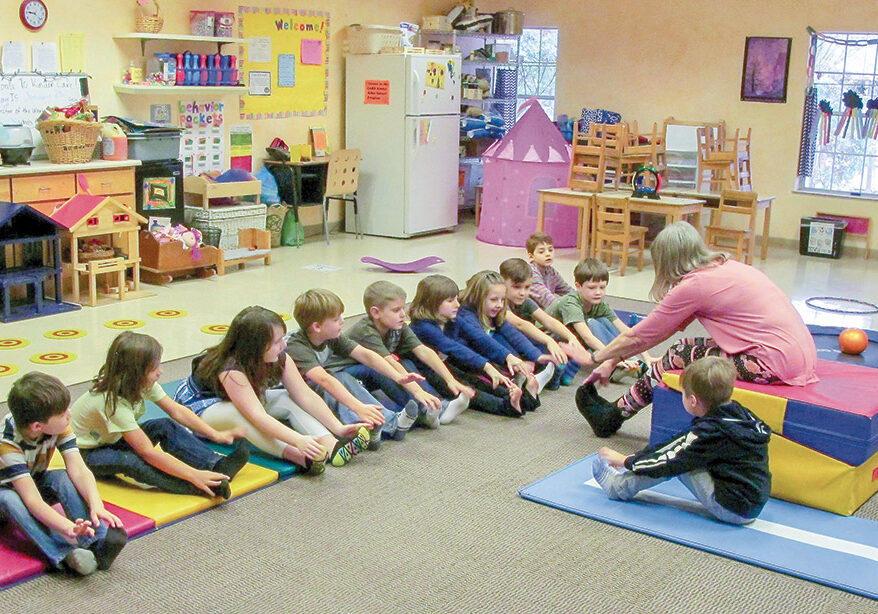
Movement Jumpstarts the Brain – Flipping the Learning Switch at Blue Oak School with S’cool Moves
“Our highest endeavor must be to develop free human beings who are able, of themselves, to impart purpose and direction to their lives.” Rudolf Steiner (1861-1925) Today, parents have choices […]
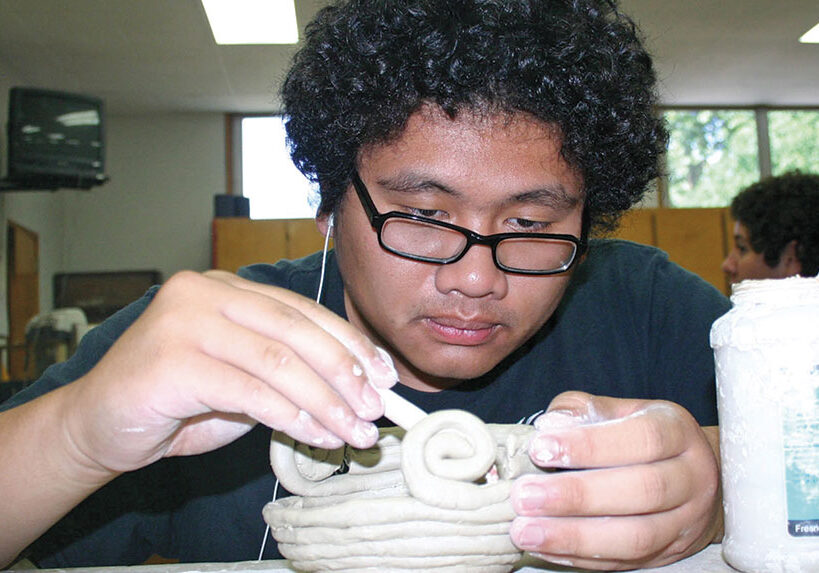
North State Arts Are Alive and Well
I am often surprised to hear that some people in our North State community believe the majority of schools have eliminated important curricula, including visual and performance arts. Certainly there have […]

Technology With A Purpose: Teaching Kids How To Use Technology To Improve Our World
The term “technology” today often implies the constantly advancing devices at our fingertips: smartphones, laptops, smartwatches and tablets. For those who don’t keep up, technology can be a frightening phenomenon. […]
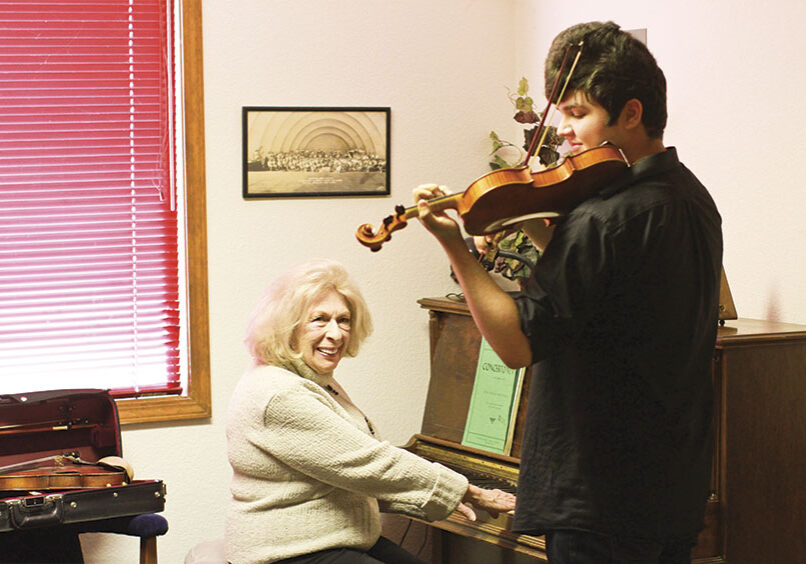
Can’t We All Play in Tune? Violin Teacher Arlene Gattuso: Changing The World One Note At A Time
Nearly all children love music. “But to learn to handle a musical instrument with the proper skill,” says Arlene Gattuso of Redding’s Gattuso Violin Studio, “to be capable of making […]

Real-World Learning – Homeschooling Families Combine Life & Education
Most parents agree that a good education is an important foundation for their child’s future success. The way children learn however, can be as varied as the children themselves. While […]
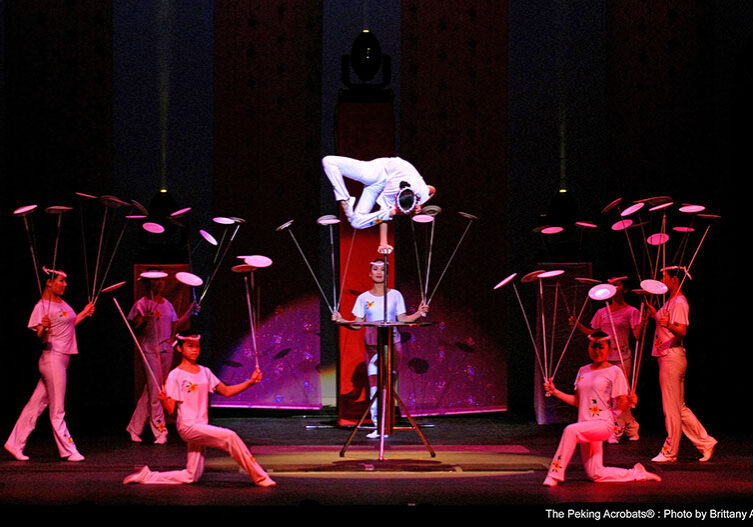
Adopt-A-Class Program Is Accepting Donations For Its 14th Year Bringing The Arts To School Children
For the 14th year, businesses and individuals can enrich schoolchildren’s educational experiences by adopting a local class to see an exciting Field Trip Series performance through the Adopt-A-Class program at […]

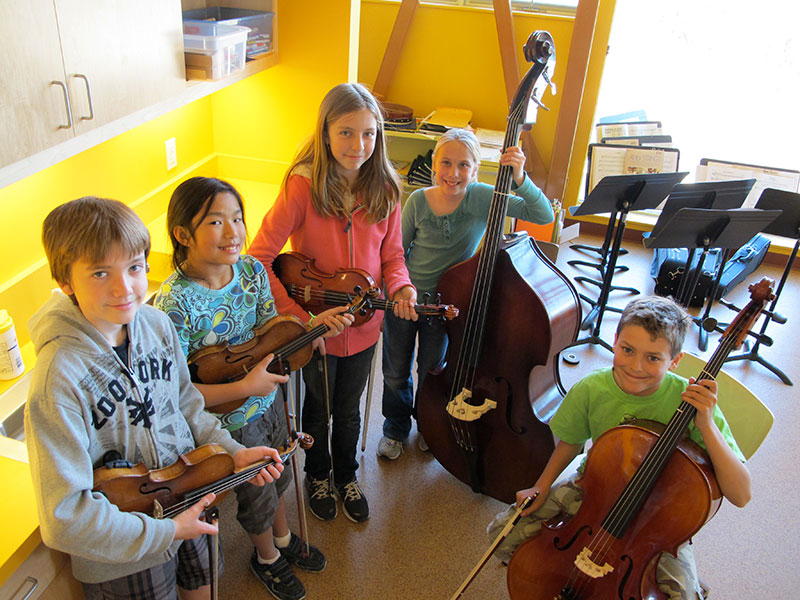

I think it’s really great how you say that it’s never too late to learn how to play a musical instrument. My parents never put me in music lessons as a kid even though I begged them to learn how to play the piano. I think even at my older age, learning the piano will give me more self confidence and help me feel comfortable in front of audiences.